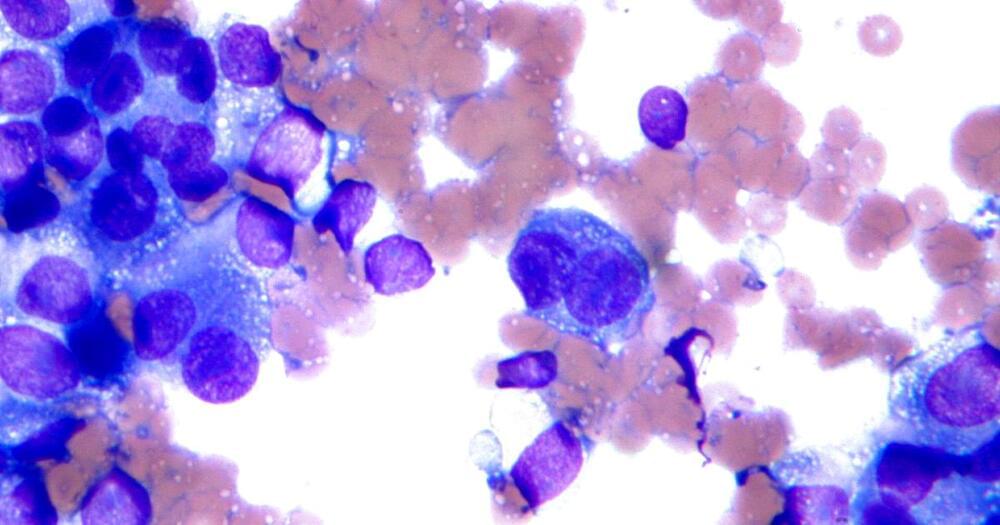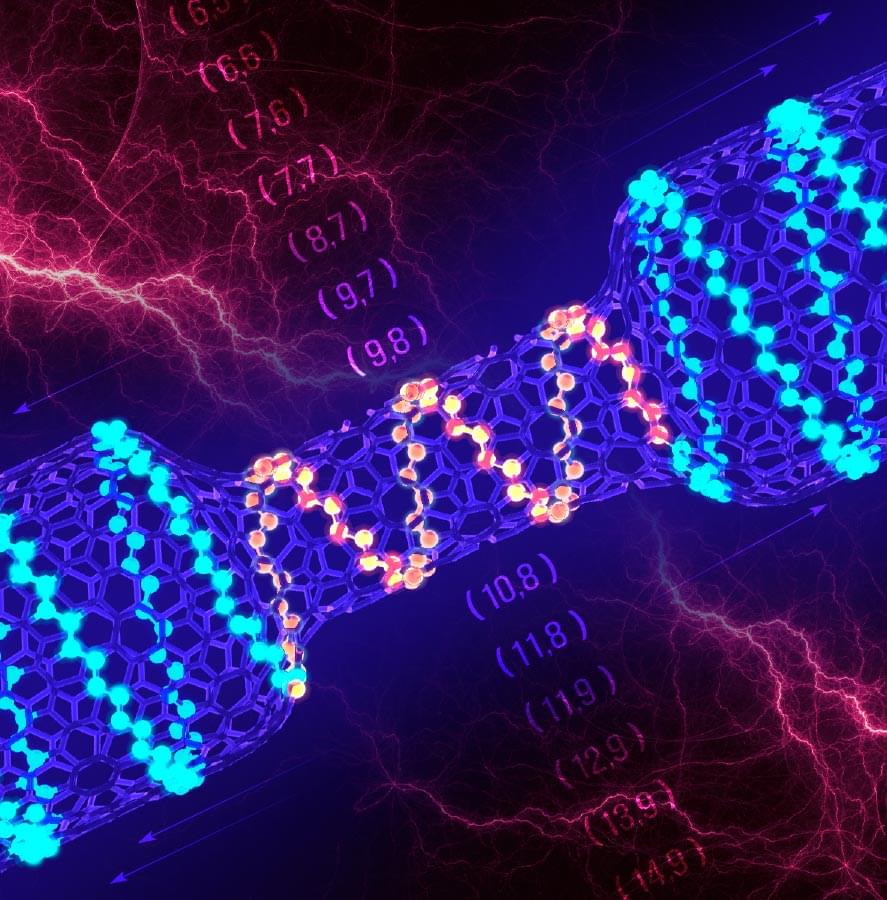Physicists optimized a nuclear fusion reactor to overcome a problem that causes heat loss and prevents the device from sustaining fusion.





Alphabet’s self-driving car company Waymo is partnering with Chinese automaker Geely to create a fleet of all-electric, self-driving robotaxis.
The cars will be designed in Sweden (where Geely owns Swedish carmaker Volvo) and will be adapted from Geely’s all-electric five-door Zeekr. Waymo will then outfit the cars with the hardware and software necessary for autonomous driving. Waymo said in a blog post that it plans to deploy the vehicles in the US as part of its existing fleet of self-driving robotaxis some time “in the years to come.”
Concept images of finished vehicle shared by Waymo show a car that is designed specifically for autonomous ride-hailing trips. It has a flat floor, low step-in height, and B-pillarless design for easy entry and exit, as well as sliding doors, reclining seats, and plenty of headroom. Waymo says future models will have an interior without steering wheel or pedals — just a screen (presumably to let riders check on the progress of their journey).

This year, an estimated 100,000 people in the U.S. will be diagnosed with melanoma, a rare but aggressive form of skin cancer — and even if they beat it, they’ll be at a high risk of developing melanoma again.
That might not always be the case, though, as a personalized skin cancer vaccine developed from patients’ own tumor cells has shown promise in a very small trial, involving eight melanoma survivors.
“We found evidence of everything we look for in a strong, sustained immune response,” study co-leader Patrick A. Ott said in a press release.

An international team of researchers has used a unique tool inserted into an electron microscope to create a transistor that’s 25,000 times smaller than the width of a human hair.
The research, published in the journal Science, involves researchers from Japan, China, Russia, and Australia who have worked on the project that began five years ago.
QUT Center for Materials Science co-director Professor Dmitri Golberg, who led the research project, said the result was a “very interesting fundamental discovery” which could lead a way for the future development of tiny transistors for future generations of advanced computing devices.

Researchers at Aalto University have shown that a nanoparticle suspension can serve as a simple model for studying the formation of patterns and structures in more complicated non-equilibrium systems, such as living cells. The new system will not only be a valuable tool for studying patterning processes but also has a wide range of potential technological applications.
The mixture consists of an oily liquid carrying nanoparticles of iron oxide, which become magnetized in a magnetic field. Under the right conditions, applying a voltage across this ferrofluid causes the nanoparticles to migrate, forming a concentration gradient in the mixture. For this to work, the ferrofluid has to also include docusate, a waxy chemical that can carry charge through the fluid.
The researchers discovered that the presence of docusate and a voltage across the ferrofluid resulted in a separation of electric charges, with the iron oxide nanoparticles becoming negatively charged. “We didn’t expect that at all,” says Carlo Rigoni, a postdoctoral researcher at Aalto. “We still don’t know why it happens. In fact, we don’t even know whether the charges already get split when the docusate is added or if it happens as soon as voltage is turned on.”
Neuralink has received a whole range of reviews, with some scientists hailing it as the next big break and others claiming that the company is making promises it cannot deliver! Stick around for the full update and subscribe to Futurity.
#elonmusk #neuralink.
Here at Futurity, we scour the globe for all the latest tech releases, news, and info just so you don’t have to! Covering everything from cryptocurrency to robotics, small startups to multinational corporations like Tesla and Jeff Bezos to Elon Musk and everything in between!
Inspired by Tesla’s Cybertruck, the mini EV starts at $1,299.
